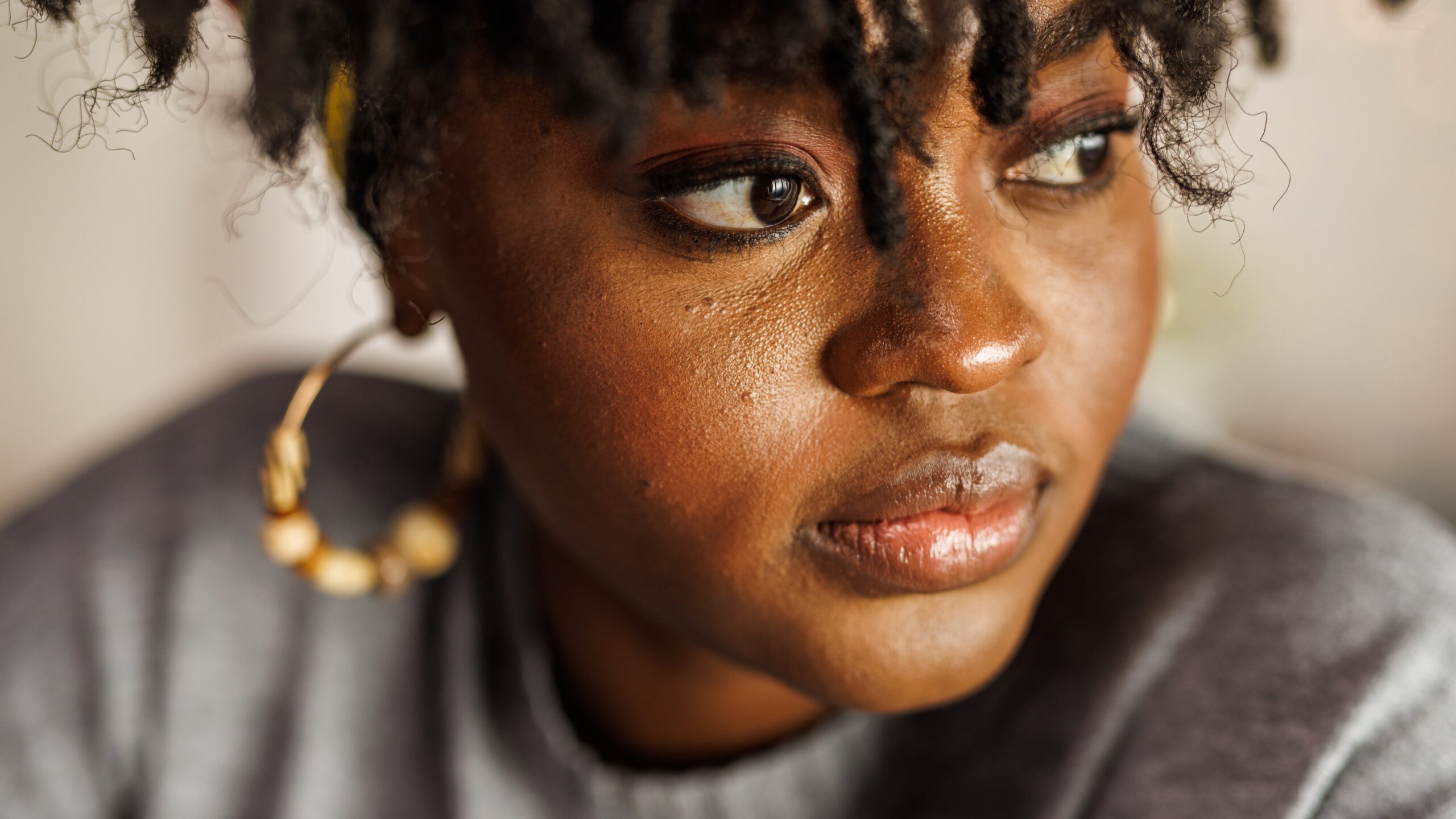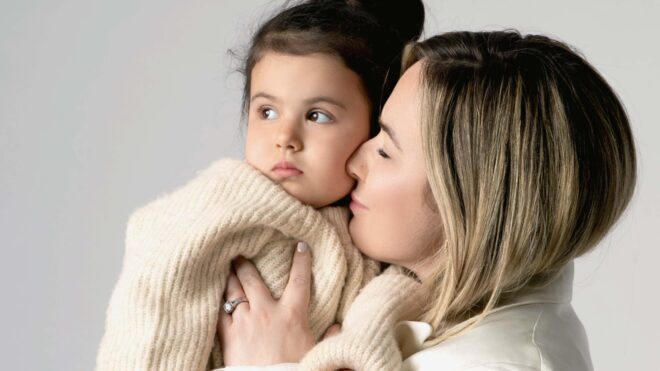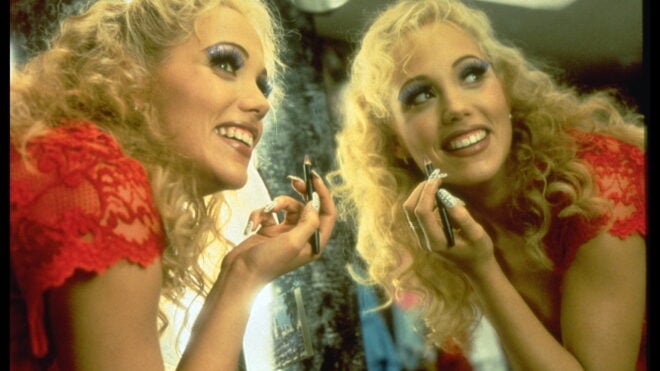
Autism is a highly misunderstood neurotype, often classed as a disability, and is sadly the question of constant debate. You can’t shake a stick online without hitting someone suggesting that people lie about their diagnosis, or that it’s “woke” to claim you’re autistic.
This is particularly true for women who come to realize they’re autistic, whether they’ve been officially diagnosed by a doctor or they have just done their research and know that they meet the diagnosis criteria. Yet when women tell others they may be autistic, they’re usually met with instant disbelief. “But you don’t look autistic,” and “Why does everyone think they’re autistic/ADHD/OCD these days?” are common responses you can find on many Twitter pages.
In actuality, there is no biological factor that makes males more susceptible to autism than females. The difference is a social one that’s based entirely on misogyny and male stereotypes.
So why is this attitude aimed at autistic women?
Misogyny

Most women have at least one anecdote of not being taken seriously at the doctor's office, whether it’s being told to take aspirin for chronic pain that is not normal or being told to lose weight to heal a broken bone, and that’s not even counting mental and developmental conditions. Several studies have been done on the discrepancy between male and female treatment, and it’s been widely found that men are given more tests and more accurate treatments for the same ailments women also report. In fact, a story went viral not too long ago about how a husband and wife saw their general practitioner for the exact same symptoms, and the wife was told “welcome to motherhood” while the husband was given in-depth tests and treatments.

Unsurprisingly, the wife later found out she had a nasty infection. So think how many girls were denied an autism diagnosis, simply because they didn’t fit the male stereotype of an autistic kid. And this doesn’t even touch on other marginalized identities, such as race, queerness, disability, and even perceived attractiveness. In actuality, autism is way more common than society would have you believe. In a perfect world, if you met the diagnosis criteria, doctors wouldn’t push so hard to ignore you.
Misdiagnosis and So-Called Hypochondria
Though autism and anxiety are, of course, linked, anxiety is often overdiagnosed, especially in women. And by overdiagnosed, I don't mean that people don't have it, but that other (usually physical) disorders are ignored in favor of just calling it a mental health issue. In my own experience, I have gone to the doctor with symptoms of other illnesses, both mental and physical, and have been diagnosed with health anxiety on the spot. They don’t do the tests and therefore can’t explain my symptoms; therefore I’m imagining them. Then I wait it out, do some mindfulness, get worse, and eventually get seen for an infection that could have been avoided.
Though anxiety is often more prominent in women due to societal factors (sexism, higher statistics of sexual assault, constant microaggressions day to day), it's seen as a "female failing" and thus just another reason to call women crazy and delusional. If you stray even a little from the stereotype of any condition, they call Occam's razor (usually anxiety) and send you away with no real answers. And if they don’t go with the more common diagnosis, they’ll diagnose you with five different mental health disorders before even contemplating the concept of autism — even if those other conditions overlap with autism significantly and have the same diagnosis criteria.
Stereotypes
When asked to think of autism, the average person probably has a very clear picture in their head. A young boy playing with trains, not making eye contact with anyone, possibly very irate at all times, standing with his helicopter mother wearing a puzzle piece necklace. You wouldn't think of a glamorous blond performer, environmentalist, and writer, even though I just described autistic actress Darryl Hannah. “You don’t look autistic” is something many autistic women hear.

Often implied to be a compliment, it’s actually just another way of saying "I don’t believe you." For many, the idea of being diagnosed with something is their worst nightmare, so they project that feeling onto others who would greatly benefit from the support a diagnosis brings. Diagnosis means coping methods can be taught, stress reduction can be practiced, you can find someone to talk to who understands you — what’s so nightmarish about that?
Ableist Stigma
We live in a society that is convinced that having a diagnosis is the worst thing that can happen to you. That being labeled as this, that, and the other will ruin your career, destroy relationships, and generally damage your self-esteem. In reality, having a diagnosis (though not for everyone) can be the stepping stone to getting the support you've been denied in the past. So why are more adult women being diagnosed with autism? Because they always were autistic and now have the resources to help navigate and support themselves through it all. There is also a new trend of calling autism — you guessed it — a trend. Simply because more and more people, especially women, are being diagnosed currently, and talking about it online, many people don’t believe them.
TikTok has a big autistic community, with videos aiming to spread awareness of and dispel the myths that surround the condition. And since the older generation tends to hate young spaces, TikTok is being hailed as a false diagnosis tool.
If you went to the doctor with the exact symptoms of the flu, they would easily get diagnosed as the flu. But since mental and developmental health is so stigmatized, if you have the right symptoms for an autism diagnosis, you’re gaslit into thinking you’re just trying to “fit in” with those “trendy” TikTok videos. Yet these videos are just people — many women — simply describing their lives, struggles, and how they’ve been bullied for it. And we wonder why young women go underdiagnosed?







